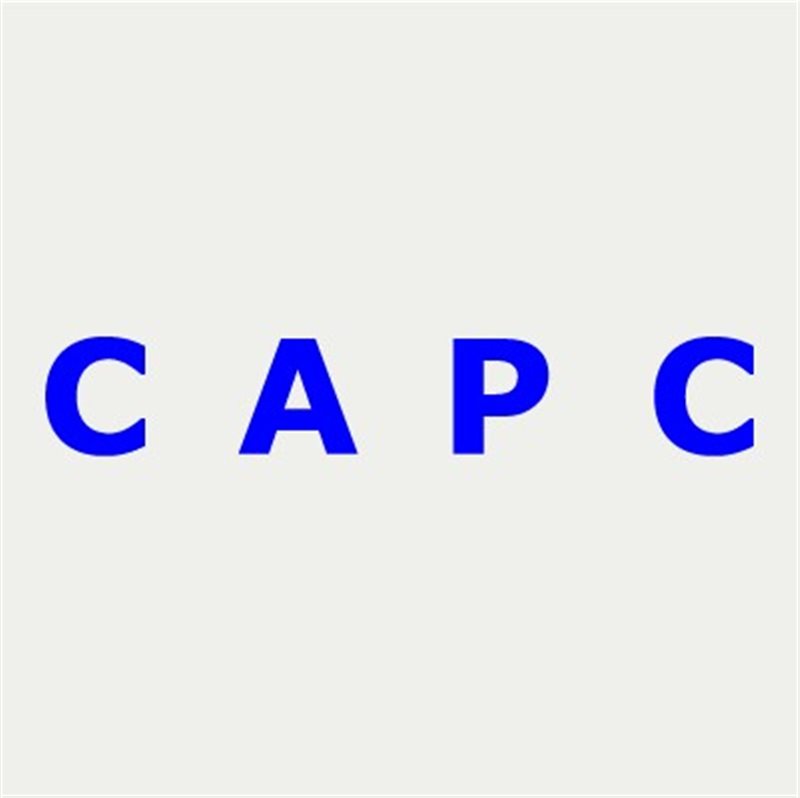 CAPC Gallery
CAPC Gallery
Borrowing its title from an anthology of texts by Julio Cortázar, the exhibition Around the Day in Eighty Worlds revisits major works from the collection of the Capc under the angle of changing systems of representation. Like other European museums, the Capc built and developed its collection around a mainly male and Anglo-European vision of art, regardless of the fact that the history of Bordeaux since the seventeenth century has been steeped in its commercial and cultural relationships with Africa, Asia and the Americas. Now, in an era where cultural, social, and political factors affect how viewers – and art historians – interpret work, it is essential to look at public collections with fresh eyes. These collections must pave the way for a decentralised world that puts at the forefront those artists who, for various reasons (gender, nationality), were previously marginalised in the canon of art history.
This exhibition will spark a dialogue between artists of different nationalities, genders, and generations, highlighting new modes of art criticism. The exhibition Around the Day in Eighty Worlds springs from shows that originally examined this issue, including Modernités plurielles and Elles at the Centre Pompidou or Intense Proximité at the Palais de Tokyo. However, as its title suggests, the exhibition differentiates itself in that it takes on a poetic and fictional approach, emphasised through the cultural programme specially conceived by the museum.
To implement this dialogue, the Capc has partnered with the Centre national des arts plastiques to secure a substantial permanent loan of works of artists from extra-European cultures, but whose singular approaches thwart any simplistic attempt at reducing their identity to gender, age or geographical context. This new corpus will join a selection of works from the 1980s and 1990s, two key decades in the history of the Capc’s acquisition policy, in which the backbone of the museum’s collection was formed.
